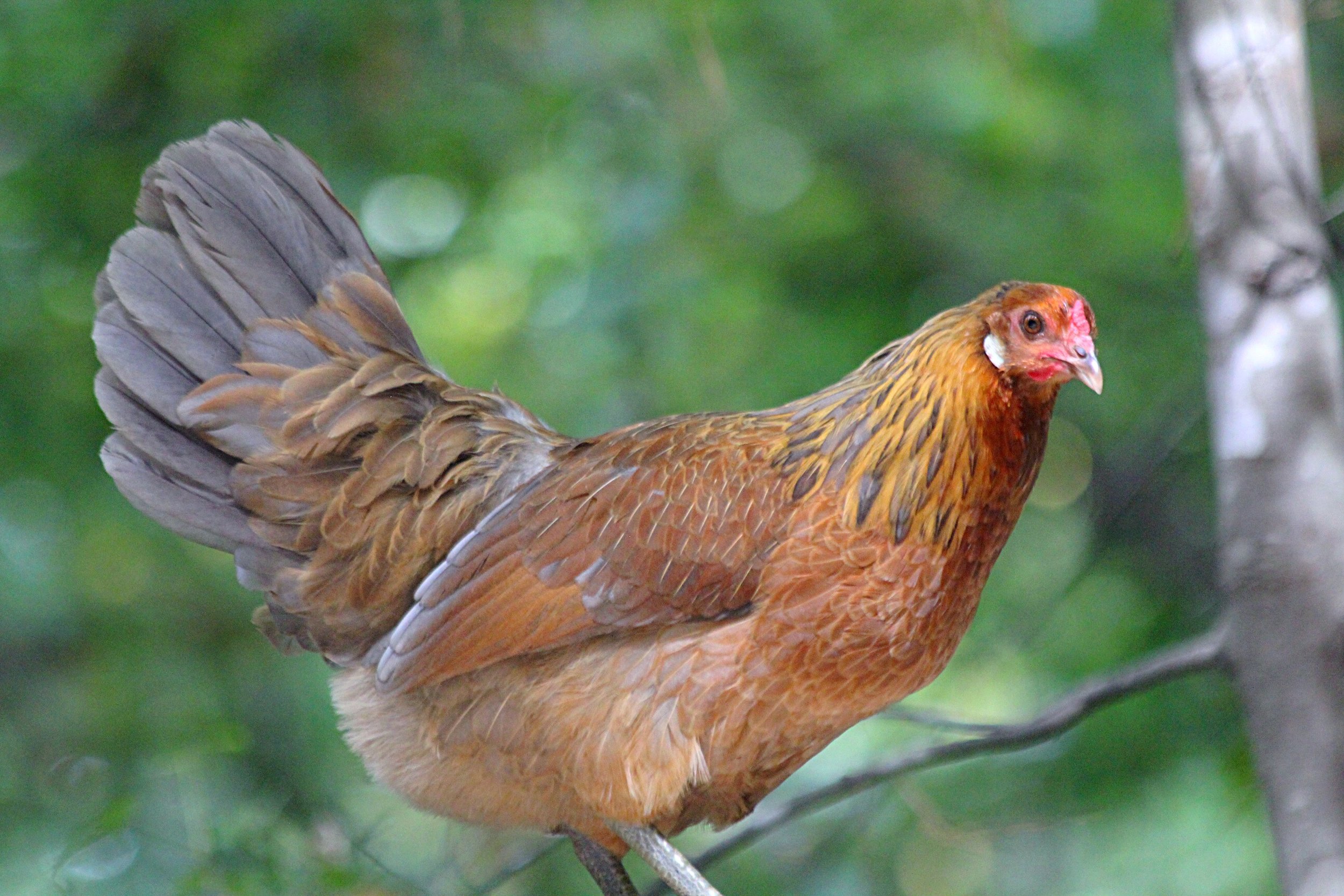

 3
3




Be joyful, though you have considered all the facts. ~Wendell Berry
 3
3




 1
1




A build too cool to miss:Mike's GreenhouseA great example:Joseph's Garden
All the soil info you'll ever need:
Redhawk's excellent soil-building series





 2
2




Invasive plants are Earth's way of insisting we notice her medicines. Stephen Herrod Buhner
Everyone learns what works by learning what doesn't work. Stephen Herrod Buhner


















When a hen experiences cold stress, she needs to use more energy to stay warm instead of making eggs. The level at which cold stress causes a hen to stop laying will depend on her age, her breed, how much she has been able to acclimate to the weather, and her overall health. Older hens are more sensitive to cold stress than younger hens. They will stop laying due to cold weather sooner than pullets. Chicken breeds that are cold hardy will not experience the effects of cold stress as quickly as chicken breeds who are not cold hardy. Cold hardy chicken breeds will lay better during cold weather.


Be joyful, though you have considered all the facts. ~Wendell Berry




In the south when the wind gets to 75 mph they give it a name and call it a hurricane. Here we call it a mite windy...




"Where will you drive your own picket stake? Where will you choose to make your stand? Give me a threshold, a specific point at which you will finally stop running, at which you will finally fight back." (Derrick Jensen)




"Where will you drive your own picket stake? Where will you choose to make your stand? Give me a threshold, a specific point at which you will finally stop running, at which you will finally fight back." (Derrick Jensen)




Our Destination is Our Legacy
www.peacefulvalleyfold.com




hans muster wrote:
If some of your chickens are laying in the short days, you can incubate those eggs, and will therefore develop a strain of chickens especially adapted to the short days.
“Peace is not absence of conflict, it is the ability to handle conflict by peaceful means.” —Ronald Reagan
Located in Western West Virginia







